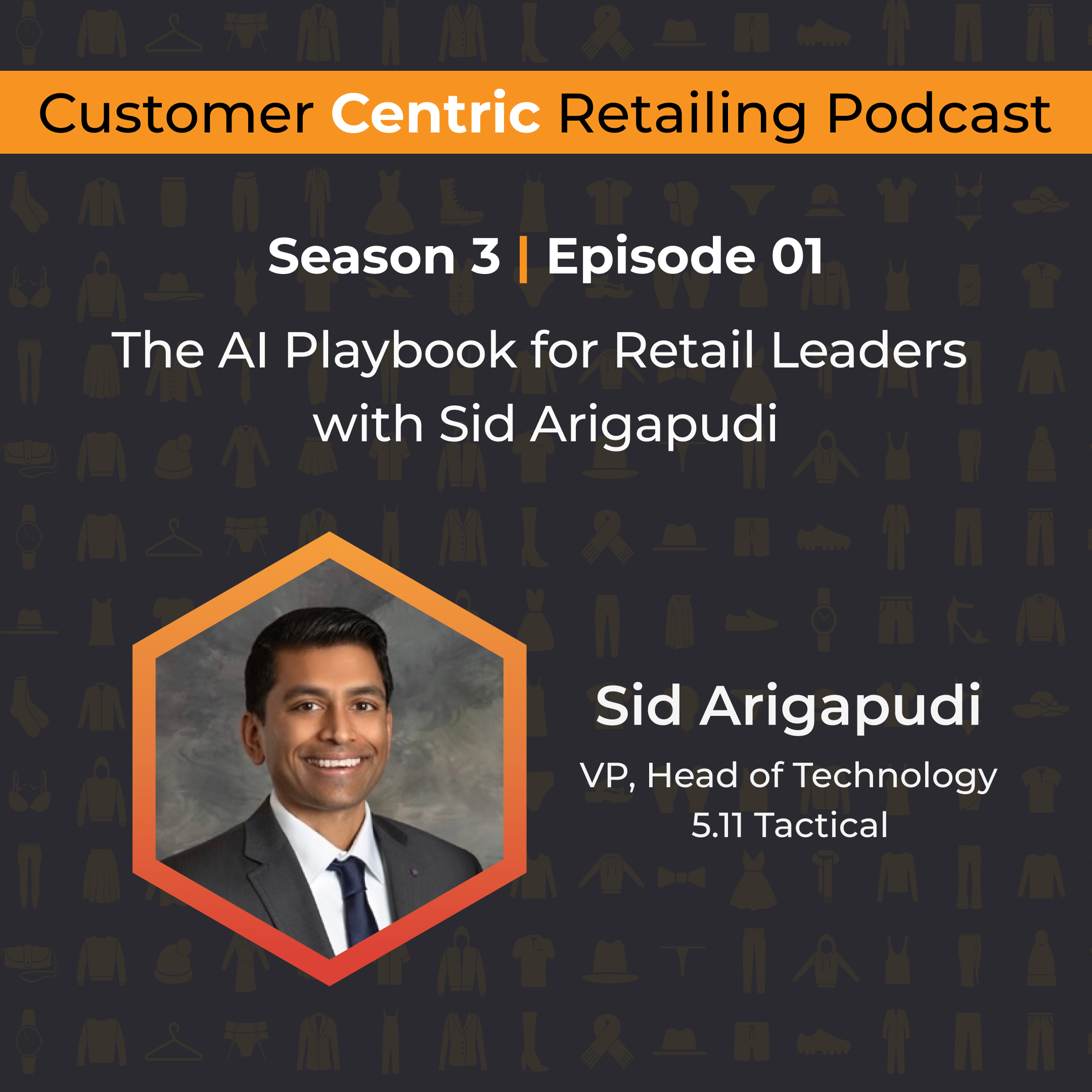[ 5:32 - 6:01 ] Importance of transparency in retail.
In the early stages of a business, limited resources can lead to inevitable mistakes in product quality. However, maintaining transparency and honesty with customers can foster forgiveness and loyalty. By openly communicating about challenges and demonstrating a genuine commitment to improvement, businesses can build trust with their customers. This approach allows for growth and learning, where each day is an opportunity to enhance product quality. As the business expands, additional resources can be allocated to further refine processes, ensuring a continuous journey toward excellence.
[ 7:47 - 8:41 ] Why do you need a great team to succeed in retail?
As a business expands to multiple locations, maintaining a strong bond with individual customers becomes more challenging, especially when it's impossible for the owners to be present at every store. The solution lies in cultivating a positive culture and building a team of employees who not only excel in their roles but also truly believe in the company's mission. These team members become the ambassadors of the brand, delivering exceptional customer service and fostering meaningful relationships. While digital and external communications play a part, the heart of customer engagement lies in the genuine, day-to-day interactions between team members and customers. By prioritizing the hiring of the right people, treating them well, and encouraging authentic connections, a business can continue to grow without losing the personal touch that defines its success.
[ 11:25 - 12:49 ] Why should retailers keep their operations simpler?
In today’s dynamic business environment, companies are recognizing the importance of roles like demand planners, which are crucial for navigating the complexities of modern supply chains. For manufacturers, the challenge is even greater as they manage not just the procurement of finished goods but also the sourcing of raw materials, packaging, and labels. Simplifying operations is key, especially for startups, where keeping SKU counts low can significantly streamline processes. ERP systems like NetSuite are vital for managing inventory and production, though they require proper administration to be effective. While they may not save costs upfront, their value in ensuring accurate inventory management and timely manufacturing is indispensable in today’s complex business landscape.
[ 14:48 - 16:11 ] How are physical stores and eCommerce inter-connected?
In retail, particularly in sectors like children's wear, the emphasis on product quality and sustainability is pivotal. Starting with the product sets the foundation for a sustainable retail strategy. By prioritizing durable materials and sustainable fibers such as GOTS or RWS certified cotton, not only ensures product longevity but also upholds ethical standards in production. This approach reduces environmental impact and aligns with consumer expectations for sustainable practices as well. The groundwork for a more environmentally responsible and socially conscious retail operation can be laid by focusing on the quality and sustainability of the products from the outset, addressing both consumer demand and global sustainability challenges effectively.
[ 16:57 - 17:38 ] How do eCommerce and physical stores support each other?
Opening a physical retail location in a particular area often leads to a notable increase in e-commerce activity for that region. This phenomenon highlights the role of physical stores as experiential centers where customers can engage with products firsthand. Once they’ve had the opportunity to see and touch the items in-store, the convenience of ordering online and having the products delivered quickly and affordably becomes a natural next step. This synergy between brick-and-mortar stores and digital e-commerce platforms underscores the value of integrating physical and online retail strategies, as they complement each other to enhance the overall customer experience and drive sales across both channels.
[ 21:21 - 22:46 ] How to involve customers in the product development process?
Natural products with natural preservatives can face challenges due to their limited efficacy. The customer service line is essential for managing these issues, with extended hours throughout the week to accommodate various North American time zones. At Rocky Mountain Soap Company, retail stores contribute to quality control by logging returns via Microsoft Forms, which provides feedback for product improvements. This process helps identify and address quality issues and guides product development based on direct customer input, ensuring offerings align with customer preferences.
[ 24:59 - 27:13 ] How does Rocky Mountain incorporate sustainability in skincare?
At Rocky Mountain Soap Company, maintaining high-quality products is crucial, especially since natural preservatives used are not as robust as chemical counterparts. To address potential issues, exceptional customer service is prioritized. Unlike many large companies with limited customer service hours, the company offers support all week, accommodating various North American time zones. The customer service line plays a key role in resolving issues and gathering feedback. Additionally, retail stores contribute significantly to this process. Returns are documented through Microsoft Forms, with detailed questions that help the quality and production teams identify and address product concerns and areas for improvement. This direct customer feedback also informs product development, guiding efforts to create products that better meet customer needs.





